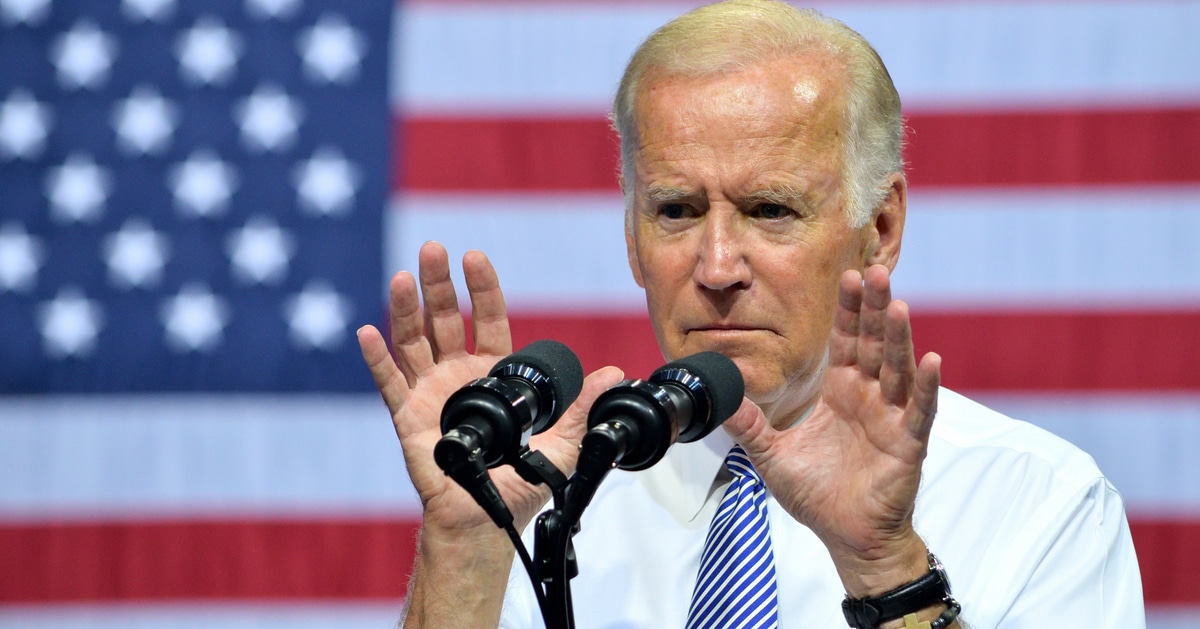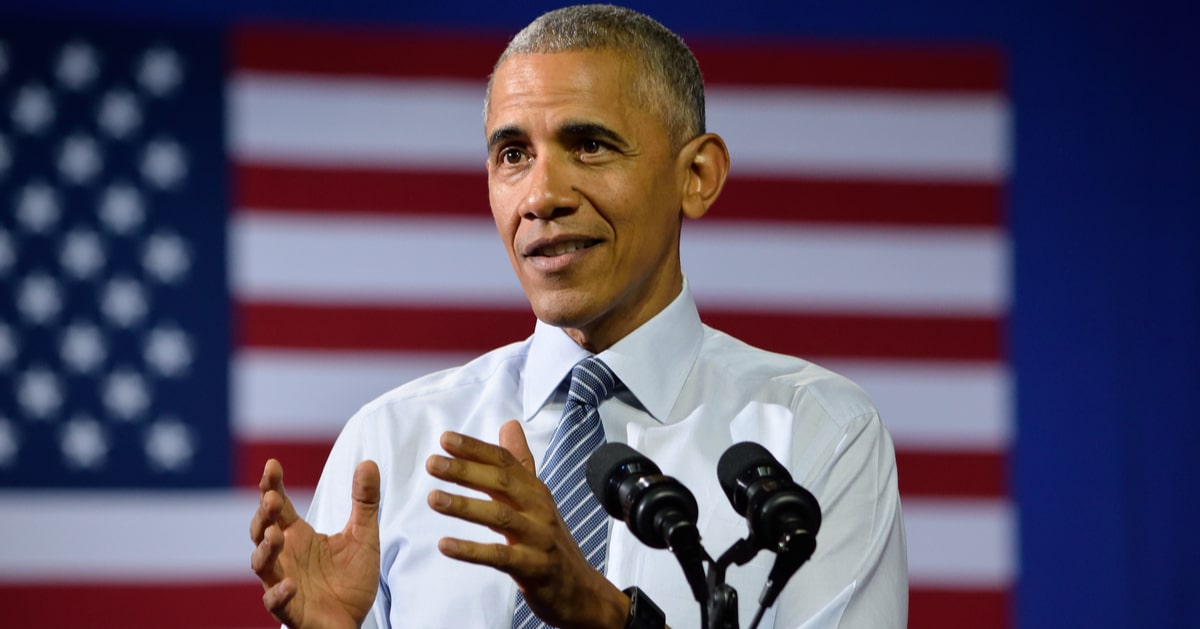




A New York judge recently dismissed attempts to have him recuse himself from a high-profile hush-money case involving former President Donald Trump, sparking discussions about judicial ethics and impartiality.
Raw Story reported that Judge Juan Merchan ruled against the motion for his recusal, which was based on a small political donation and familial ties possibly influencing the case's fairness.
Judge Merchan, presiding over former President Donald Trump's hush money case, faced calls for recusal by Trump's legal team. They pointed to a $35 donation Merchan made to the Democratic party in 2020, suggesting a potential bias.
Merchan's daughter, Loren, is employed as a political consultant at Authentic Campaigns, a firm known for its work with prominent Democrats including Joe Biden and Kamala Harris. This familial connection was another focal point in the arguments presented by Trump's team.
Trump's attorney, Todd Blanche, argued that these connections posed an unacceptable risk, potentially influencing Merchan's conduct and questioning his impartiality in the judicial process.
Adding to the complexity, Judge Merchan had also presided over a 2022 tax fraud case involving the Trump Organization, which resulted in a conviction. This prior involvement with Trump-related cases added another layer to the recusal debate.
On May 4, 2023, the New York State Judicial Ethics Advisory Board reviewed the situation. Despite the concerns raised, they found no conflict that would affect Merchan's ability to impartially manage the case.
Criticism from legal experts like Elie Honig, a former federal prosecutor and CNN analyst, however, suggests that Merchan's decision might still impact the appellate process. Honig criticized the judge's decision to not step down, emphasizing even minimal contributions like Merchan's can raise doubts.
Elie Honig highlighted the severity of the ethical dilemma by questioning what the reaction would have been had Merchan donated to Trump instead. Such a scenario, he argued, would have likely caused significant uproar and skepticism about the judge's impartiality.
"In my view, he absolutely should have recused himself. He should have removed himself," Honig stated, addressing the minimal but significant donation.
Honig also referred to the ethics board's decision as a "C-Y-A memo," suggesting that while the board cleared Merchan, the optics might still influence public perception and judicial trust.
In a motion supporting recusal, Todd Blanche expressed deep concerns over the judge's ability to remain impartial, stating, "Your Honor has an interest in this case that warrants recusal, there is an unacceptable risk that the Court's family relationships will influence judicial conduct, and the Court's impartiality 'might reasonably be questioned.'"
The defense team's push for recusal was not just about the donation but also deeply concerned with the professional activities of Merchan's daughter, which they felt could indirectly sway the judge's decisions.
This situation reflects the delicate balance judges must maintain between personal life and their duties, emphasizing the stringent standards expected in judicial conduct.
The ongoing scrutiny of Judge Merchan's decision not to recuse himself could set a precedent for how similar cases are handled in the future, particularly involving high-profile figures and politically sensitive issues.
Honig's comments about the case potentially being reversed on appeal due to these ethical concerns highlight the significant implications for the judiciary system's credibility and the overarching public trust in legal fairness.
"I'm not sure it quite rises to the level of reversal," Honig remarked, suggesting that while the grounds for an appeal are debatable, they underscore the importance of perceived impartiality in judicial proceedings.
Judge Juan Merchan's decision to remain on Trump's hush money case despite a small political donation and his daughter's employment at a politically connected firm brings to the forefront the intricate balance between personal integrity and public duty in the judiciary.
Critics argue that his involvement could influence the case's outcome and affect the public’s trust in judicial impartiality. As the case progresses, it remains a critical example of the challenges faced in maintaining judicial ethics in politically charged environments.



